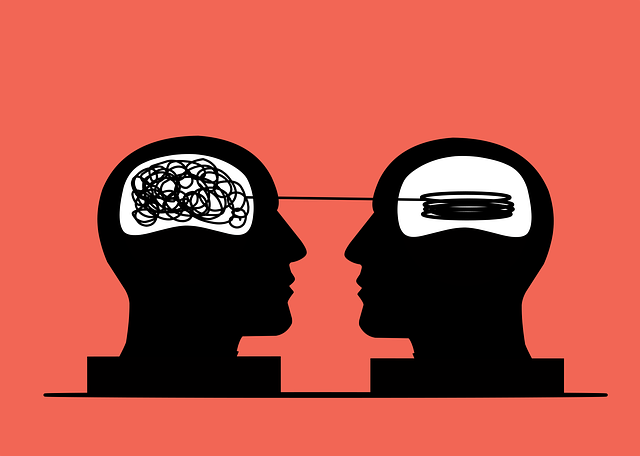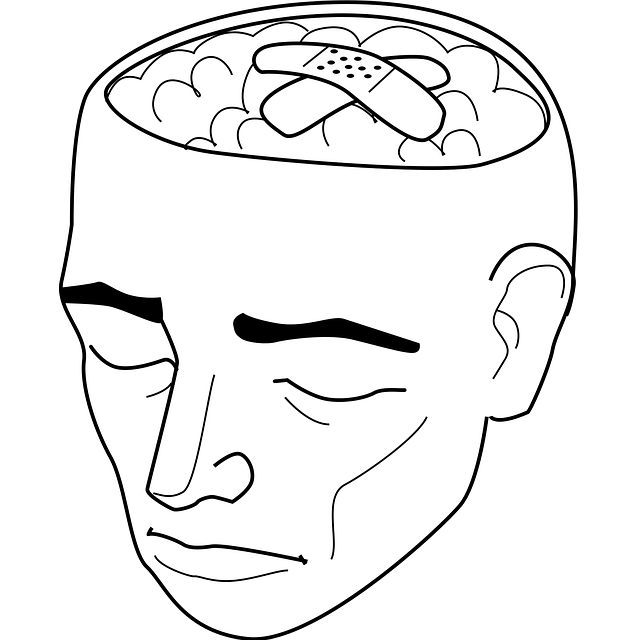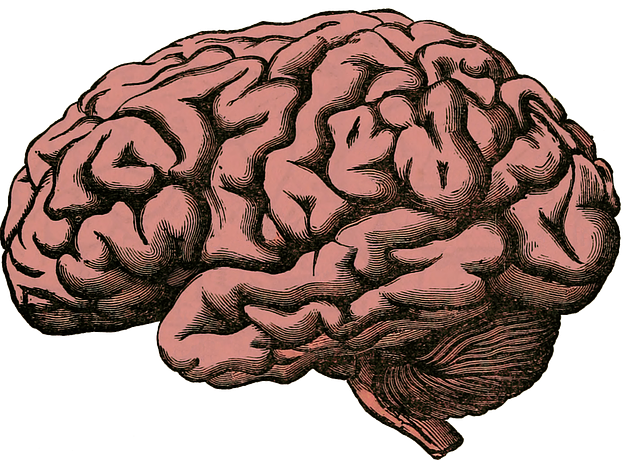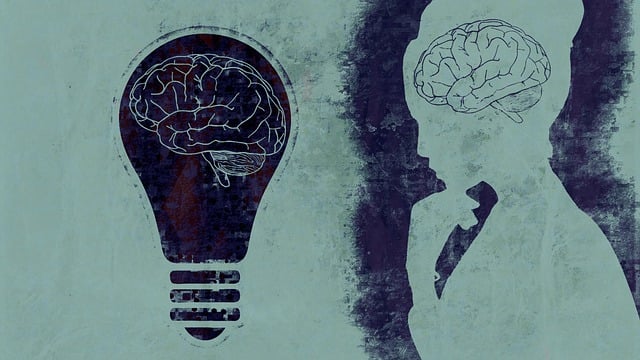Healthcare provider burnout, driven by factors like long hours, heavy workloads, and complex diagnoses, leads to emotional exhaustion, depersonalization, and decreased job satisfaction, impacting mental health and career longevity. To combat this growing concern, healthcare organizations should implement strategies focusing on communication, emotional well-being promotion, and self-awareness exercises. Prioritizing work-life balance through flexible schedules, remote work options, and adequate time off is crucial. Additionally, integrating evidence-based superior chronic pain therapy approaches with holistic methods like mindfulness meditation can reduce emotional strain and foster a more sustainable healthcare system.
“Healthcare provider burnout is a growing concern, with high-stress work environments contributing to physical and emotional exhaustion. This article explores comprehensive strategies to prevent burnout among healthcare professionals. We delve into understanding the root causes, from long working hours to patient demands. Building resilience through mindfulness and self-care practices is key, alongside enhancing work-life balance. Effective communication and supportive team dynamics also play a crucial role in mitigating burnout. Additionally, we highlight the significance of implementing evidence-based superior chronic pain therapy approaches.”
- Understanding Burnout in Healthcare Providers: Causes and Impact
- Building Resilience: Mindfulness and Self-Care Practices
- Enhancing Work-Life Balance for Optimal Wellbeing
- Effective Communication and Supportive Team Dynamics
- Implementing Evidence-Based Chronic Pain Therapy Approaches
Understanding Burnout in Healthcare Providers: Causes and Impact

Healthcare provider burnout is a growing concern within the medical community, impacting not only individual practitioners but also patient care and the overall healthcare system. Burnout refers to a state of emotional exhaustion, depersonalization, and reduced personal accomplishment, often stemming from prolonged exposure to stressful work environments. In the fast-paced and demanding healthcare sector, providers frequently encounter long working hours, heavy patient loads, complex diagnoses, and high expectations, which can contribute to significant stress and eventual burnout.
The impact of burnout on healthcare professionals is profound. It leads to decreased job satisfaction, increased rates of depression and anxiety, and in severe cases, can drive practitioners to leave their careers. This turnover has consequences for patient care continuity and the overall quality of services, especially when specialized knowledge and skills are involved, such as in managing superior chronic pain therapy. Effective communication strategies, emotional well-being promotion techniques, and self-awareness exercises have been identified as essential tools to combat burnout, ensuring healthcare providers maintain their passion, resilience, and ability to deliver optimal patient care.
Building Resilience: Mindfulness and Self-Care Practices

Healthcare provider burnout is a growing concern, particularly with the ongoing demands and challenges in the sector. Building resilience through mindfulness and self-care practices can significantly mitigate this issue. Incorporating techniques like mental wellness journaling exercises and stress management workshops within organizations provides healthcare workers with tools to navigate their demanding schedules. These practices encourage professionals to prioritize self-care alongside patient care, fostering a sense of balance and well-being.
Mind over matter principles can help providers reframe stressful situations, enhancing their ability to cope. By dedicating time for mindfulness exercises and engaging in activities that promote mental wellness, healthcare staff can improve their overall resilience. This, in turn, enhances the quality of patient care by ensuring professionals are present, engaged, and able to offer superior chronic pain therapy alongside compassionate support.
Enhancing Work-Life Balance for Optimal Wellbeing

In healthcare, where long hours and high-stress environments are common, addressing work-life balance is a cornerstone of burnout prevention. Healthcare providers, from doctors to nurses, often struggle with managing their personal well-being alongside their professional duties. Implementing strategies to enhance work-life balance can significantly improve their overall mental health and job satisfaction. This includes encouraging flexible schedules, promoting remote work options where possible, and ensuring adequate time off for rest and recovery.
A key aspect of this balance is prioritizing self-care, which goes beyond managing chronic pain with superior therapy. Incorporating mental health education programs in healthcare settings can offer valuable guidance on stress management, resilience building, and self-esteem improvement. Additionally, simple yet effective practices such as mental wellness journaling exercises can help healthcare providers process their emotions, reflect on personal achievements, and set boundaries to maintain a healthy mind.
Effective Communication and Supportive Team Dynamics

In healthcare settings, effective communication and supportive team dynamics are essential components of burnout prevention strategies. When healthcare providers feel heard, valued, and supported by their colleagues and supervisors, they are better equipped to manage chronic pain therapy sessions with superior effectiveness. Open dialogue channels foster an environment where practitioners can discuss challenging cases, share best practices, and offer mutual support, thereby enhancing overall team morale and patient outcomes.
Promoting emotional well-being through supportive team dynamics includes implementing mood management techniques that encourage a positive work culture. Regular team meetings, peer mentoring programs, and collaborative problem-solving sessions can help healthcare providers process stressful experiences, reduce feelings of isolation, and develop coping mechanisms for managing high-pressure situations. By prioritizing these aspects, healthcare organizations can contribute to the emotional well-being promotion techniques aimed at preventing burnout among their staff, ensuring sustainable delivery of quality care services.
Implementing Evidence-Based Chronic Pain Therapy Approaches

Implementing evidence-based chronic pain therapy approaches is a pivotal strategy to prevent healthcare provider burnout, especially considering the profound impact of managing persistent pain on both patients and caregivers. Superior chronic pain therapy goes beyond traditional treatments, incorporating holistic methods such as mindfulness meditation and emotional healing processes that have proven effective in enhancing mental wellness. By integrating these techniques into standard care protocols, healthcare providers can offer more comprehensive support to their patients, reducing the emotional strain often associated with managing chronic pain.
This shift towards a multifaceted approach recognizes the intricate interplay between physical pain, mental health, and overall well-being. Mindfulness meditation, for instance, has been shown to reduce stress levels and improve coping mechanisms, fostering an environment that is conducive to both patient recovery and provider resilience. Such innovations not only revolutionize the way chronic pain is managed but also contribute to a more sustainable and fulfilling healthcare system.
Healthcare provider burnout is a growing concern, but with strategic interventions, it can be mitigated. By fostering resilience through mindfulness and self-care, enhancing work-life balance, improving communication, and supporting team dynamics, healthcare professionals can regain control over their wellbeing. Moreover, implementing evidence-based chronic pain therapy approaches, such as superior chronic pain therapy techniques, can significantly improve patient outcomes and provider satisfaction. Together, these strategies create a holistic approach to burnout prevention, ensuring healthcare providers can continue to deliver exceptional care with renewed passion and energy.














